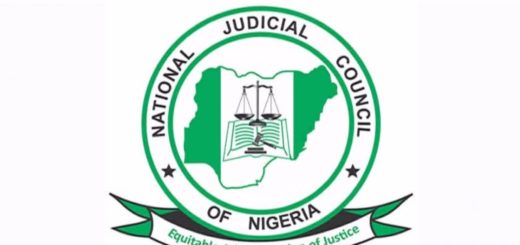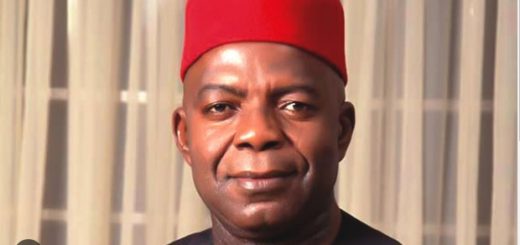Full List Of Key Policies Taken By CBN To Stabilise The Naira
 The Central Bank of Nigeria (CBN), led by its Governor, Yemi Cardoso, has implemented various policies and reforms aimed at stabilising the naira and returning the local currency to its fair value.
The Central Bank of Nigeria (CBN), led by its Governor, Yemi Cardoso, has implemented various policies and reforms aimed at stabilising the naira and returning the local currency to its fair value.
the apex bank’s recent series of measures to halt the naira-free fall has continued to yield the desired results.
The measures have led to the rebound of the local currency from 1,900/dollar recorded in late February to nearly 1,200/dollar on Tuesday at the parallel market.
The key reforms include the unification of exchange rate windows, liberalisation of the FX market, and the clearance of FX backlog obligations for banks and airlines.
Others are the implementation of a Price Verification System, the imposition of limits on banks’ Net Open Positions, the removal of the daily cap of N2bn on the remunerable Standing Deposit Facility, and the overhaul of the Bureau De Change segment.
Below is the list of the key reforms taken by the CBN
In March, in an effort to rectify distortions in the retail segment of Nigeria’s foreign exchange market and bridge the widening gap in the exchange rate, the sale of FX to BDC operators began at lower rates.
The apex bank sold $10,000 to BDCs at a rate of N1,251/$ and directed the BDCs to sell to eligible customers at a rate not exceeding 1.5 per cent above the purchase price (N1,269/$1).
In April, it sold $10,000 to each BDC at N1101/$ and directed the operators to sell at a spread not more than 1.5 percent above the CBN rate. It also directed all eligible BDCs to commence payment of naira deposits into the designated CBN accounts from April 8, 2024.
The CBN’s efforts also include investigating entities whose actions it believes are undermining the Tinubu administration’s economic reform efforts.
In late March, Cardoso revealed that security agencies, including the Economic and Financial Crimes Commission, were investigating questionable foreign exchange allocations and forward contracts previously estimated at $2.4bn.
The new CBN administration had engaged a global firm, Deloitte, to carry out an audit of the $7bn debts. Cardoso had earlier said about $2.4bn FX allocations from the $7bn backlogs were invalid.
The development came as two executives of the global cryptocurrency trading platform Binance were detained and being investigated for tax evasion and other offences.
On April 8, 2024, the CBN directed all banks in Nigeria to stop using foreign currencies as collateral for naira loans within 90 days. It disclosed this in a circular titled “The use of foreign-currency-denominated collaterals for naira loans” with ref number BSD/DIR/PUB/LAB/017/004.













